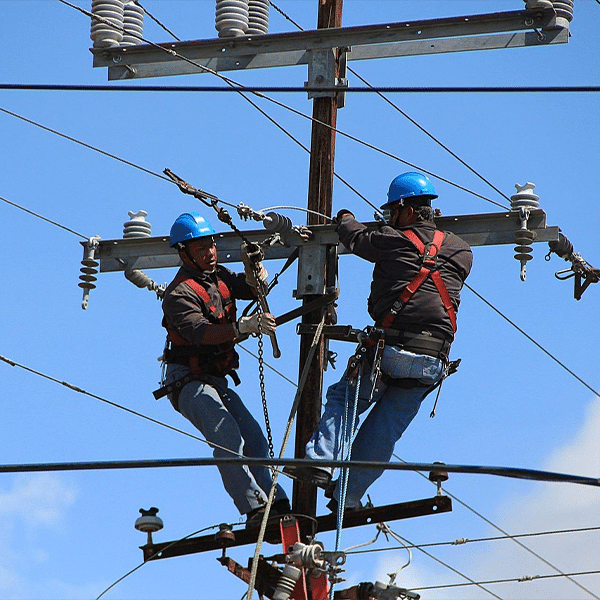 The FCC is on strong legal grounds in revising rules governing retransmission consent agreements between broadcasters and pay TV providers, argued Bill Lake, chief of the FCC media bureau, in a blog post yesterday.
The FCC is on strong legal grounds in revising rules governing retransmission consent agreements between broadcasters and pay TV providers, argued Bill Lake, chief of the FCC media bureau, in a blog post yesterday.
For years pay TV providers – including cable companies, satellite TV providers and telcos offering cable-style services — have been required to carry network content from local broadcast stations in the markets served by those stations. But a notice of proposed rulemaking adopted by the FCC last month aims to give pay TV providers the option of getting network content from stations outside the local market – something the providers currently are prohibited from doing.
In the blog post, Lake argued that the FCC does not aim to prohibit exclusive agreements; it is simply not requiring them. “[I]t’s time for the Commission to end its intrusion into this aspect of the commercial marketplace and leave it to TV networks, syndicators and broadcast stations to implement the exclusive distribution rights that they choose to create,” he said.
Retransmission Consent Reform
Lake also attempted to dispense with arguments that current exclusivity rules are inextricably linked to compulsory copyright licenses that Congress enacted for pay TV providers. Some opponents of reform argue that if that link were broken, pay TV providers might be able to retransmit copyrighted material without paying for it.
“The asserted inextricable link does not exist – nor does the imagined free ride,” argued Lake.
Instead, he said “the payment is the key that unlocks the right to retransmit the content carried on the signal.”
According to Lake, pay TV providers at one time were not required to get a broadcast station’s consent to carry its signal. Exclusivity rules were put in place at that time as a means of preventing pay TV providers from bringing in signals from distant markets, Lake explained. But he noted that the situation changed dramatically with the passage of the 1992 Cable Act, which for the first time prevented cable operators from retransmitting local broadcast stations without their consent.
“There was a time and a place for the Commission’s exclusivity rules,” wrote Lake. “That time has passed. It is now time for the Commission to step aside and let programming negotiators in the private marketplace do their jobs.”


